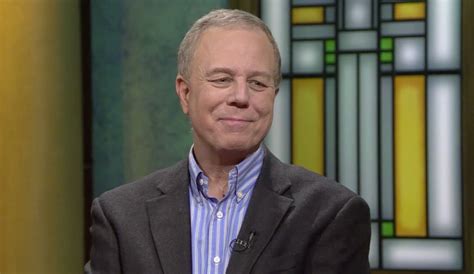A Quote by Amitai Etzioni
It is so much easier to extol the virtues of civility than to talk civilly about the virtues we need to uphold.
Related Quotes
Strength, Courage, Mastery, and Honor are the alpha virtues of men all over the world. They are the fundamental virtues of men because without them, no 'higher' virtues can be entertained. You need to be alive to philosophize. You can add to these virtues and you can create rules and moral codes to govern them, but if you remove them from the equation altogether you aren't just leaving behind the virtues that are specific to men, you are abandoning the virtues that make civilization possible.
Maybe it’s not, in the end, the virtues of others that so wrenches our hearts as it is the sense of almost unbearably poignant recognition when we see them at their most base, in their sorrow and gluttony and foolishness. You need the virtues, too—some sort of virtues—but we don’t care about Emma Bovary or Anna Karenina or Raskolnikov because they’re good. We care about them because they’re not admirable, because they’re us, and because great writers have forgiven them for it.
A comprehensive doctrine, either religious or secular, aspires to cover all of life. I mean, if it's a religious doctrine, it talks about our relation to God and the universe; it has an ordering of all the virtues, not only political virtues but moral virtues as well, including the virtues of private life, and the rest. Now we may feel philosophically that it doesn't really cover everything, but it aims to cover everything, and a secular doctrine does also.
Loyalty saves us from the self-advantaging compromising of important relations - such as friendship, marital and professional commitments, group memberships, and so on. But as the Aristotelians would put it, its expression requires phronesis - wisdom not to allow it to compromise other important virtues ,there is something to the ancient doctrine of the unity of the virtues. I believe that is true of all virtues, but especially of the executive virtues - such as industriousness, sincerity, conscientiousness, and courage - which may become detached from substantive goods.
...just as the edifice of all the virtues strives upward toward perfect prayer so will all these virtues be neither sturdy nor enduring unless they are drawn firmly together by the crown of prayer. This endless, unstirring calm of prayer... can neither be achieved nor consummated without these virtues. And likewise virtues are the prerequisite foundation of prayer and cannot be effected without it.
The modern world is not evil; in some ways the modern world is far too good. It is full of wild and wasted virtues. When a religious scheme is shattered (as Christianity was shattered at the Reformation), it is not merely the vices that are let loose. The vices are, indeed, let loose, and they wander and do damage. But the virtues are let loose also; and the virtues wander more wildly, and the virtues do more terrible damage. The modern world is full of the old Christian virtues gone mad. The virtues have gone mad because they have been isolated from each other and are wandering alone.
Patriotism is proud of a country's virtues and eager to correct its deficiencies; it also acknowledges the legitimate patriotism of other countries, with their own specific virtues. The pride of nationalism, however, trumpets its country's virtues and denies its deficiencies, while it is contemptuous toward the virtues of other countries. It wants to be, and proclaims itself to be, "the greatest," but greatness is not required of a country; only goodness is.




































